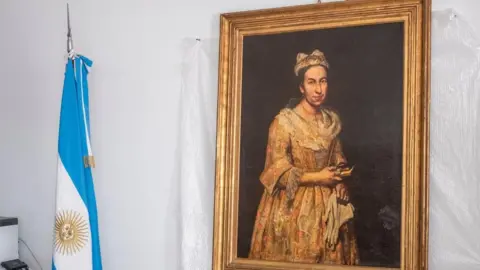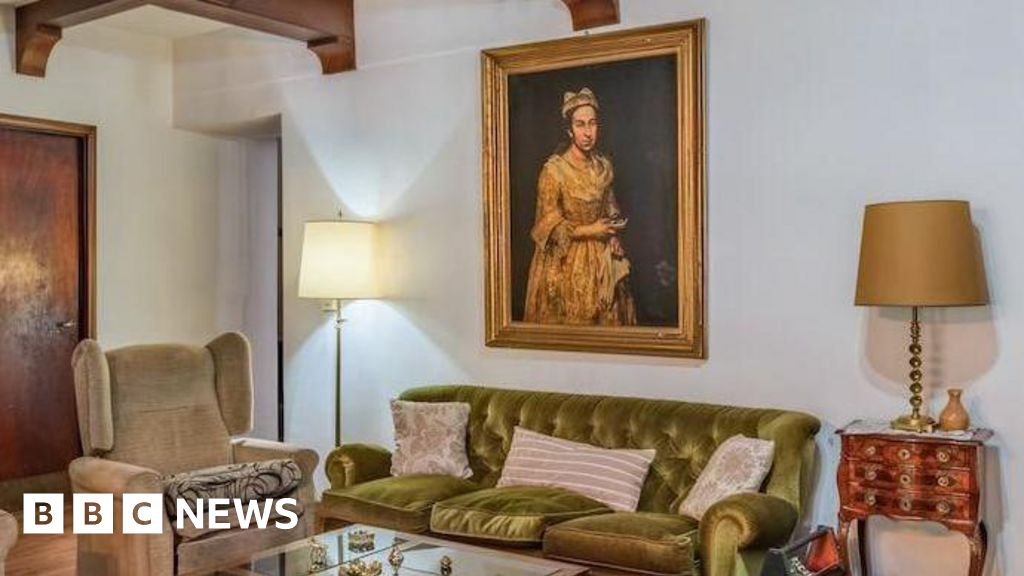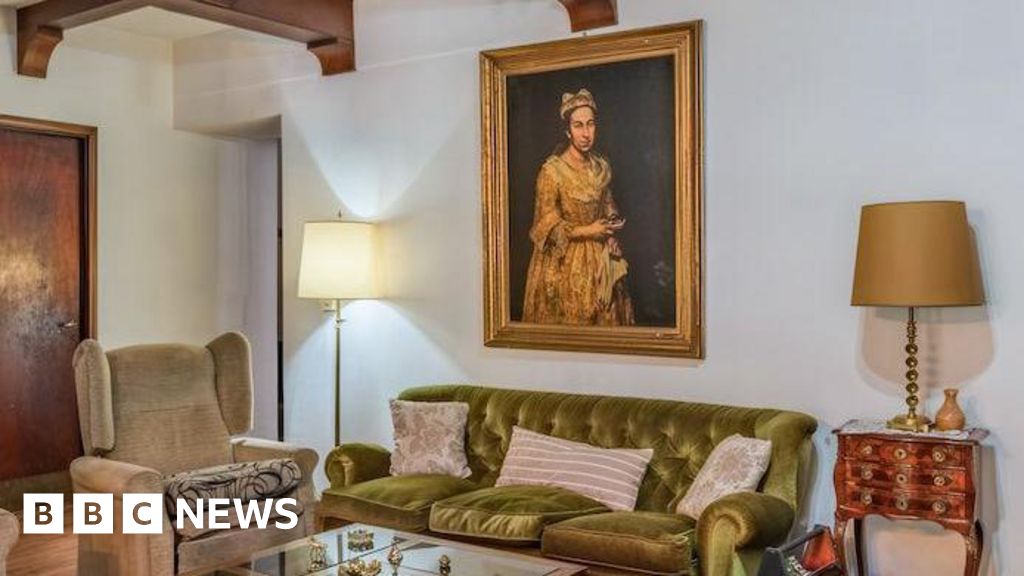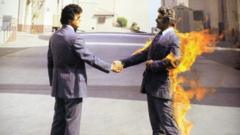As the news of Pope Francis' passing resonates deeply throughout Argentina, mourners in Buenos Aires gather to pay their respects and ponder a lingering uncertainty: Why did the beloved pontiff, born Jorge Mario Bergoglio in the Argentine capital, never return to his homeland during his papacy?
At an emotional open-air Mass held in the city, Laura Aguirre, a 50-year-old bakery cashier, expressed her discontent, stating, “I have to be honest, I didn’t like that he never came to Argentina.” This sentiment was echoed by many as they stood outside the Basílica de San José de Flores, the church where Francis first felt the call to serve.
Experts suggest that the pontiff’s cautious approach towards potential political implications could explain his absence. “He didn’t want any president to wrap themselves in his cloak, to say ‘I’m the one who brought the pope’,” explained Sebastián Morales, indicating a desire to maintain an apolitical position.
Throughout his twelve years as pope, Francis cultivated a complex relationship with Argentine political leaders. While tensions flared with former President Cristina Fernández de Kirchner over progressive legislation like same-sex marriage, a reconciliation occurred once he ascended to the papacy. He also shared discontent with former President Mauricio Macri's right-leaning policies, and fiercely opposed the abortion legislation championed by President Alberto Fernández in 2020.
Most recently, his rapport with current President Javier Milei had its rocky moments, with Milei previously labeling the pope an “imbecile” due to his advocacy for social justice. However, after extending an apology, the two met last year at the Vatican, and Milei has announced plans to attend Francis's funeral this Saturday.
As Argentina processes its profound grief, the unanswered questions surrounding Pope Francis's absence from his native country loom large, adding a complex layer to the legacy of the first Latin American pontiff.
At an emotional open-air Mass held in the city, Laura Aguirre, a 50-year-old bakery cashier, expressed her discontent, stating, “I have to be honest, I didn’t like that he never came to Argentina.” This sentiment was echoed by many as they stood outside the Basílica de San José de Flores, the church where Francis first felt the call to serve.
Experts suggest that the pontiff’s cautious approach towards potential political implications could explain his absence. “He didn’t want any president to wrap themselves in his cloak, to say ‘I’m the one who brought the pope’,” explained Sebastián Morales, indicating a desire to maintain an apolitical position.
Throughout his twelve years as pope, Francis cultivated a complex relationship with Argentine political leaders. While tensions flared with former President Cristina Fernández de Kirchner over progressive legislation like same-sex marriage, a reconciliation occurred once he ascended to the papacy. He also shared discontent with former President Mauricio Macri's right-leaning policies, and fiercely opposed the abortion legislation championed by President Alberto Fernández in 2020.
Most recently, his rapport with current President Javier Milei had its rocky moments, with Milei previously labeling the pope an “imbecile” due to his advocacy for social justice. However, after extending an apology, the two met last year at the Vatican, and Milei has announced plans to attend Francis's funeral this Saturday.
As Argentina processes its profound grief, the unanswered questions surrounding Pope Francis's absence from his native country loom large, adding a complex layer to the legacy of the first Latin American pontiff.

















